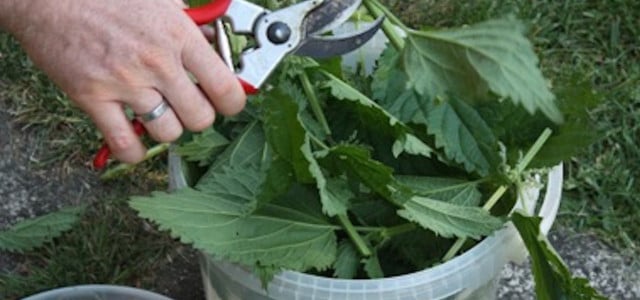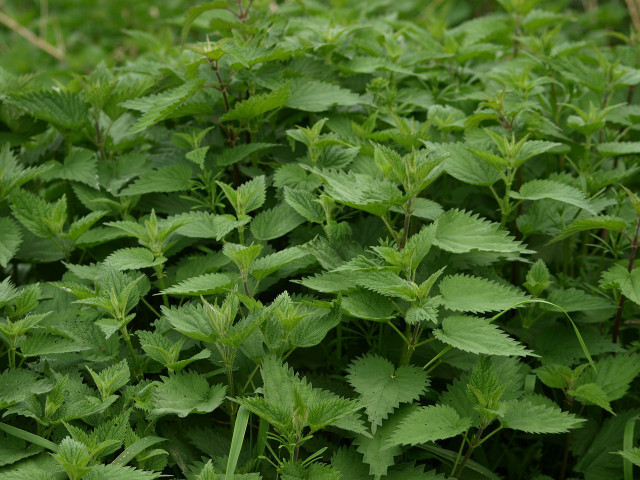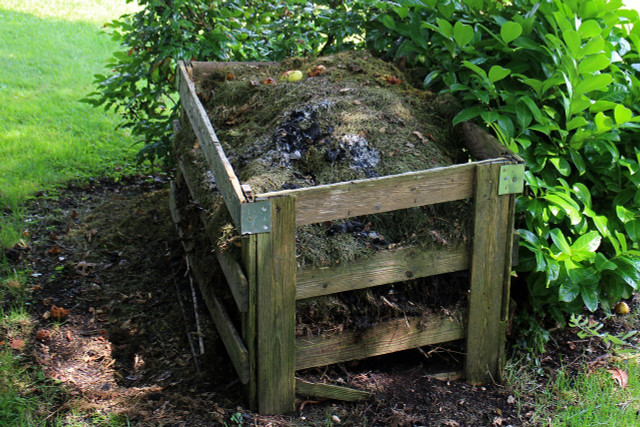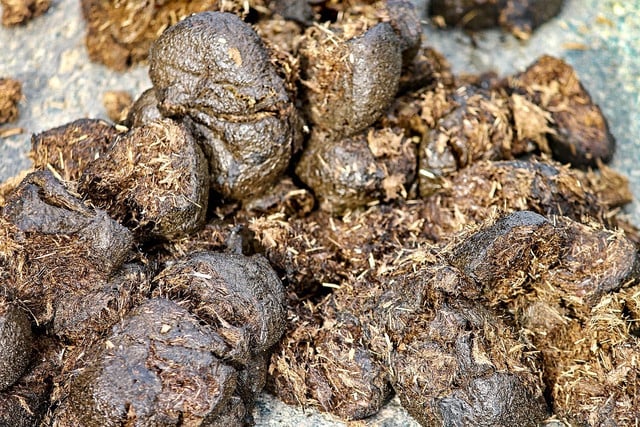
Tomatoes should be well fertilized, because they are highly nutritious. We show you which home remedies you can use to optimally supply your tomato plants with fertilizer.
Contents
Tomatoes are heavy growers
Tomatoes are among the highly nutritious plants. To grow well, produce many flowers and thus fruit, they need certain nutrients. These include:
- Nitrogen
- Phosphate
- Potassium
- Magnesium
If they have too little of these, deficiency symptoms occur. These show themselves by:
- low growth
- few blossoms
- yellowing of the leaves
Tomatoes are also susceptible to a number of tomato diseases. Therefore, it is important to provide them with fresh fertilizer.
The right time: From the moment you put the tomato plants outdoors – whether in a pot, on the balcony or in a bed – you should fertilize them regularly. In the trade there is a wide range of ready-made organic fertilizers (e.g. at **Avocadostore), which are specially adapted to the needs of the plant.
But you can also make the tomato fertilizer yourself. They are just as efficient and often cheaper.
Good fertilizer for tomatoes:

As soon as flowers and fruits develop, the tomato plant needs additional nutrients, which it can quickly absorb. Jauche are particularly suitable at this time and can also be made with simple and natural means.
- Comfrey liquid manure: Comfrey is not only a well-known medicinal plant that relieves many ailments. Prepared as a liquid manure, it is also – thanks to its mineral composition – an excellent tomato fertilizer (for dosage see nettle liquid manure).
- Nettle liquid manure: Made in the same way as comfrey liquid manure from fresh or dried leaves.
Dosage: Simply dilute the nettle or comfrey liquid manure in a ratio of 1:10 and fertilize your plants with it every two weeks until flowering. After that – when the plant forms its fruits and needs more nutrients – you can fertilize weekly with nettle liquid manure.
Horn shavings as a fertilizer for tomatoes
Horn shavings consist of crushed hooves and horns of slaughtered animals. They are rich in nitrogen and develop their effect by being decomposed by microorganisms.
Important: Since there are few microorganisms in tubs, use horn shavings only outdoors.
Simply enrich the soil with a handful of horn shavings before planting out the tomato seedling. For vegetarians and vegans this kind of natural fertilizer may be strange, but this way these parts of the killed animal are also used and do not end up in the garbage.
Fertilize tomatoes with compost

Leaves, grass clippings or vegetable waste become excellent fertilizer thanks to soil organisms in the compost pile. Simply mix compost into the soil when planting the tomato plants. This is particularly easy to do with a garden cultivator.
Horse manure for tomato plants

Horse apples are rich in nitrogen, magnesium, phosphate and potassium – important nutrients needed by the heavily consuming tomato plant. They also bind water in the soil and keep the soil moist longer.
Caution: fresh horse manure can get as hot as 80 degrees and burn the plants. Therefore, always mix it with enough soil or let it dry for a few days so that it is not too “hot”.
Do not fertilize tomatoes too much
Too few nutrients will cause deficiency symptoms in the tomato plant. However, too much fertilizer is not good either because it increases the salt content in the soil and causes the leaves to curl. Better to fertilize less, but regularly. Observe the “state of health” of your plant and react accordingly. Then nothing will stand in the way of a rich harvest of tasty tomatoes.

